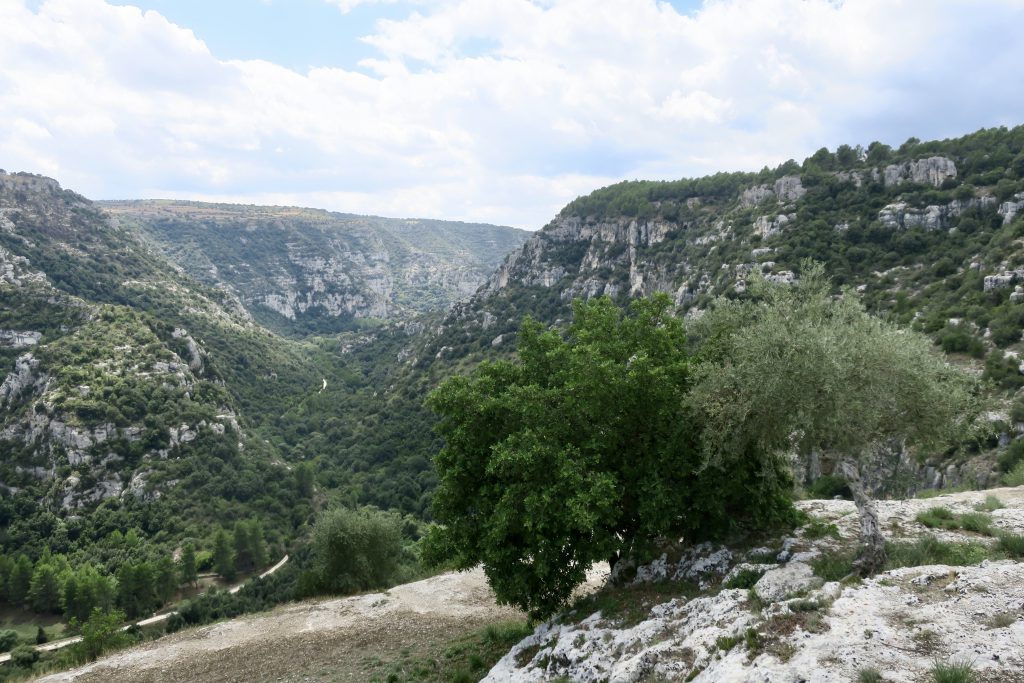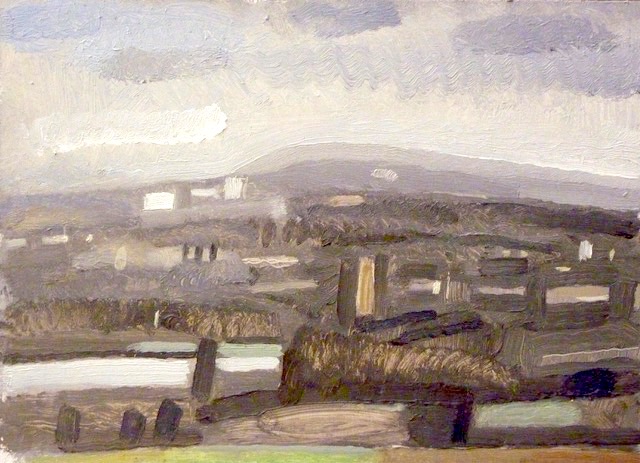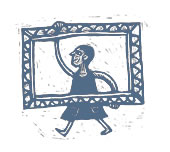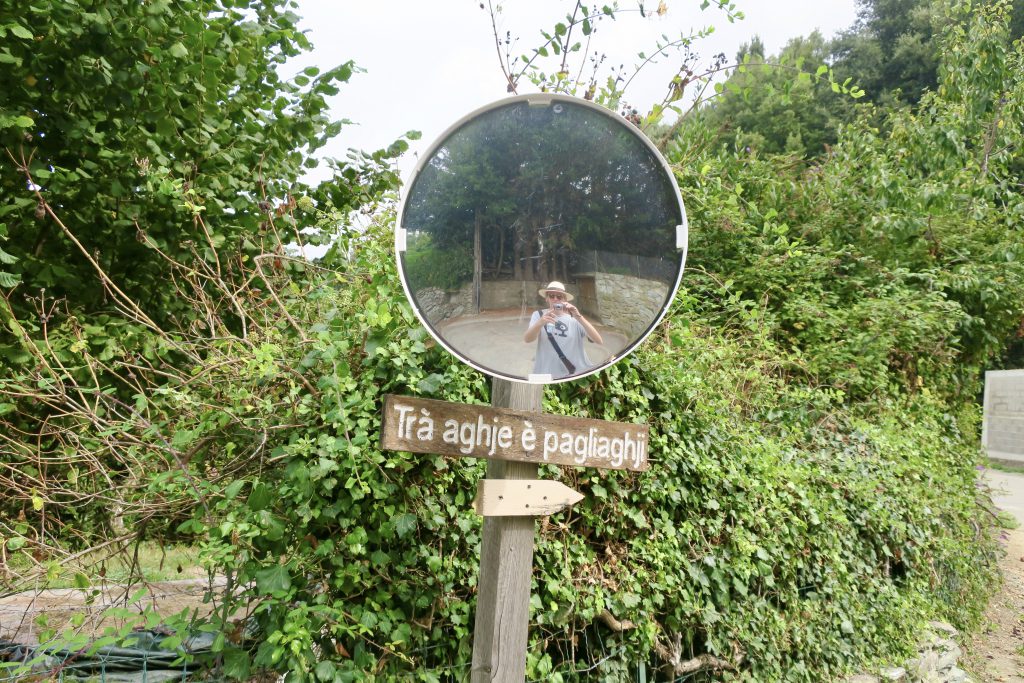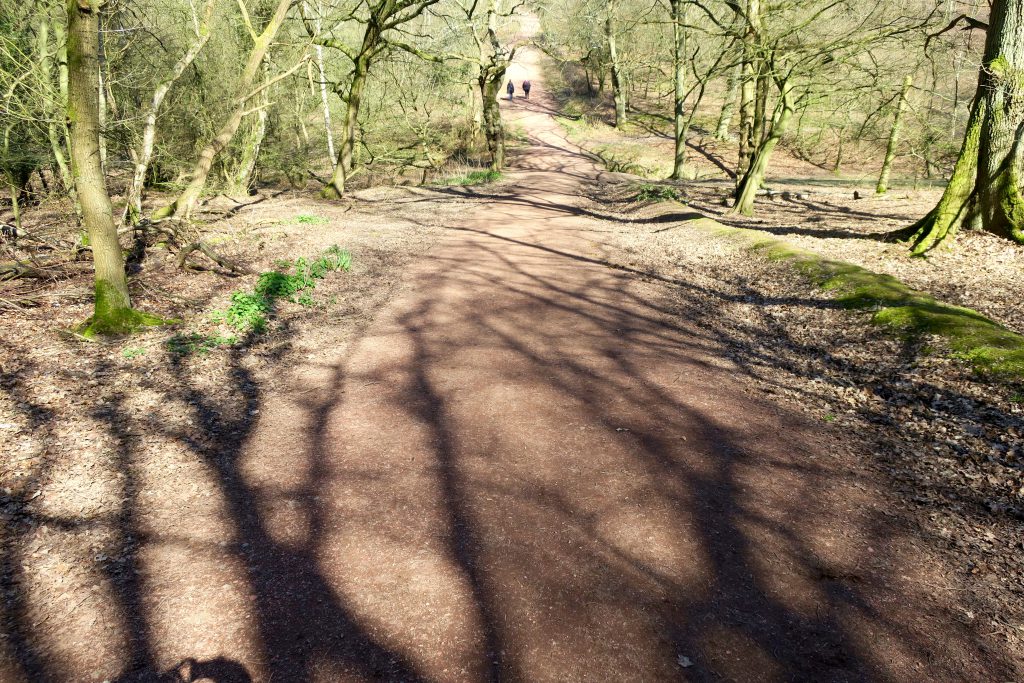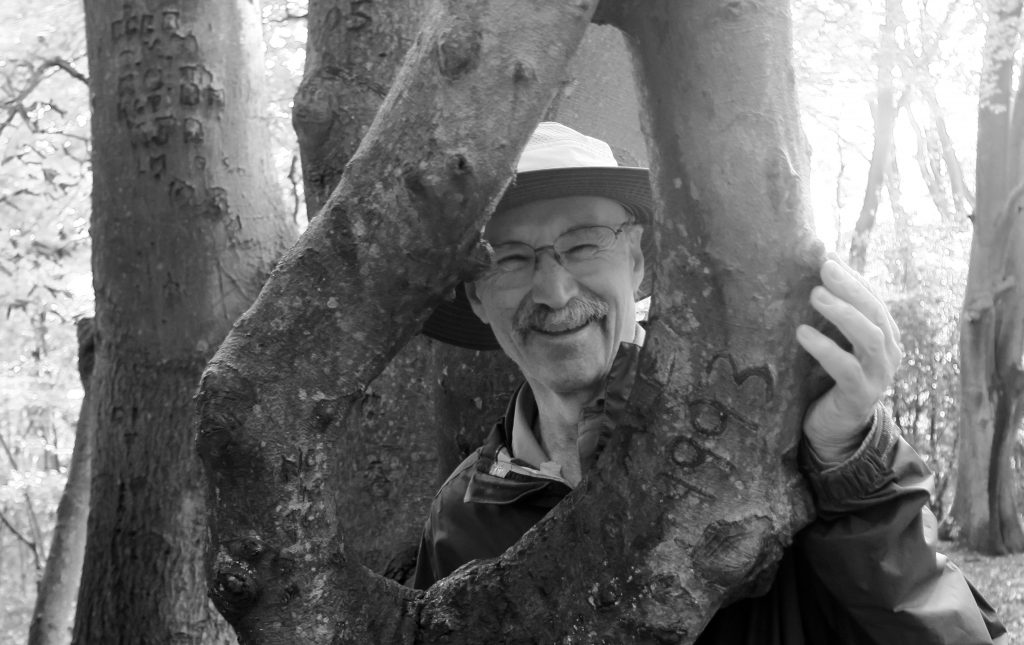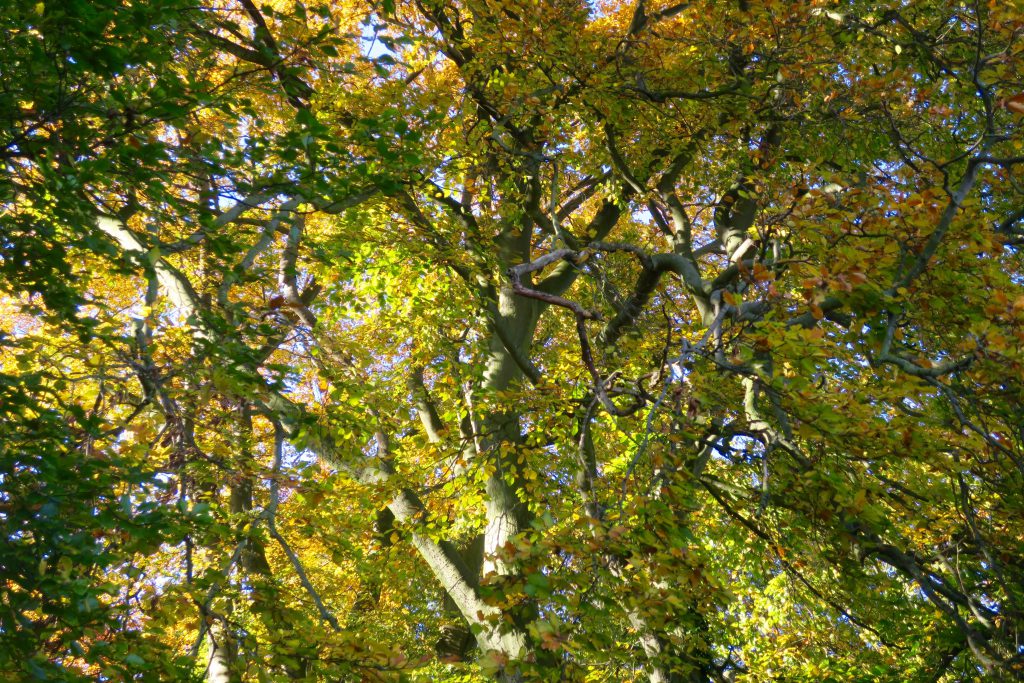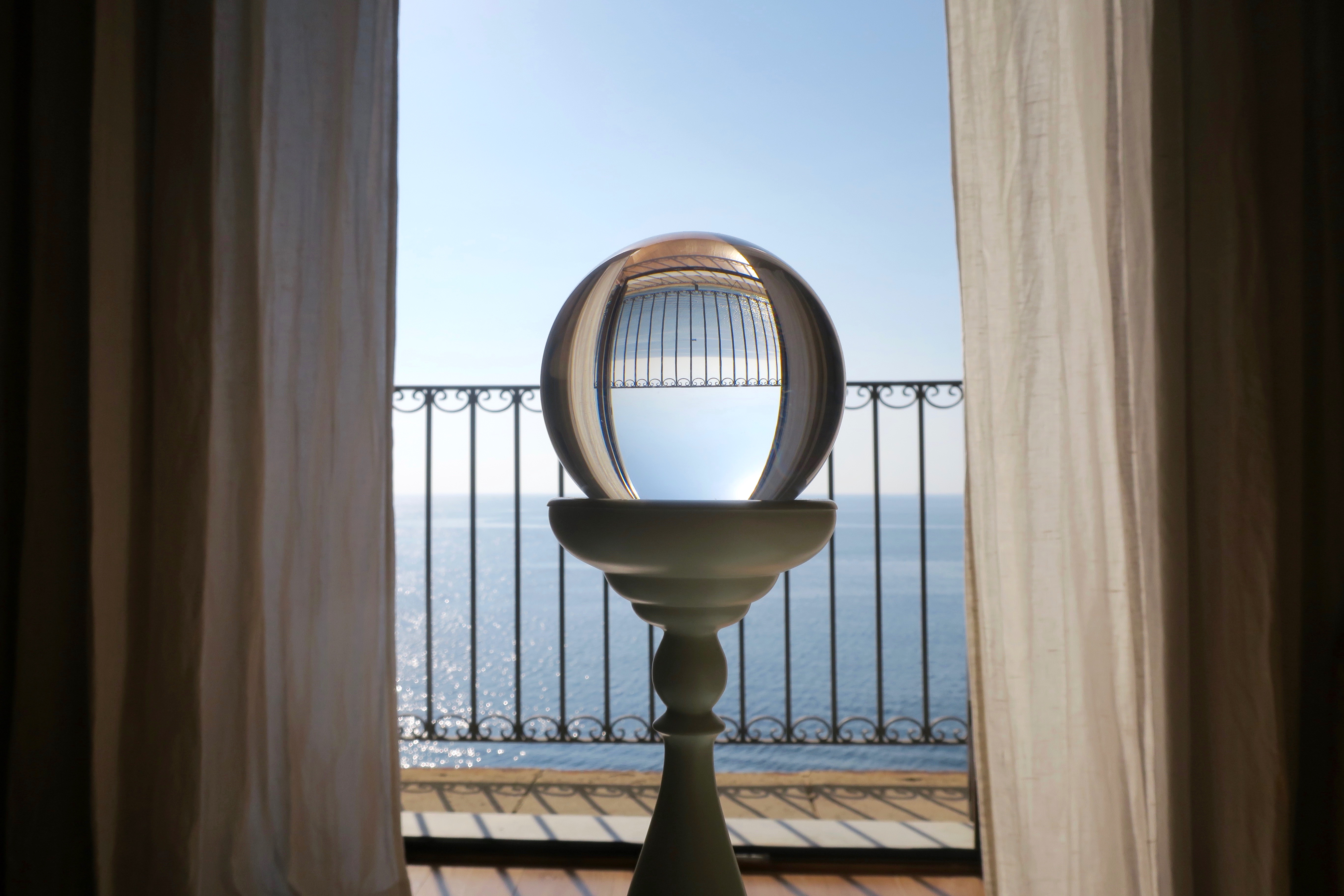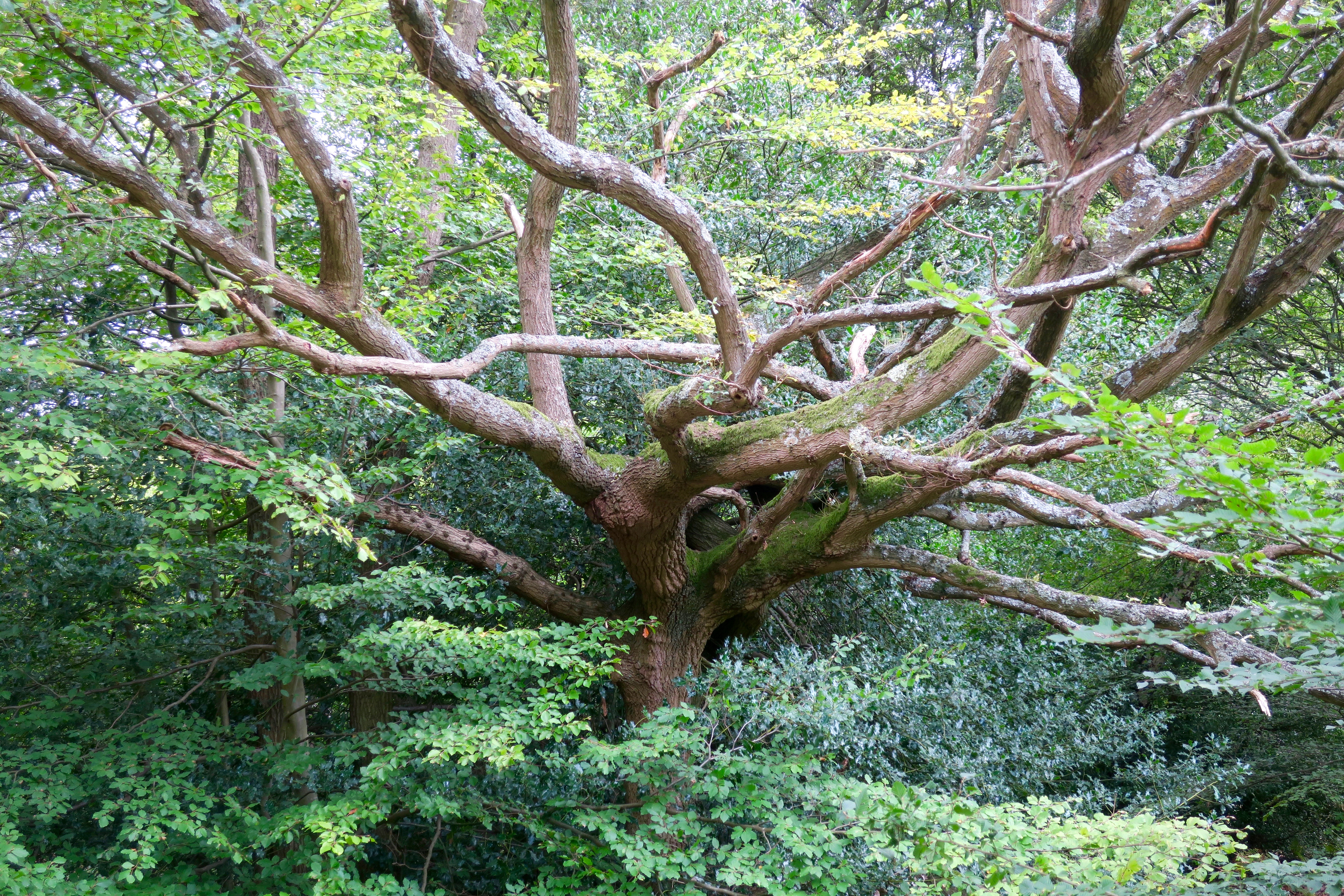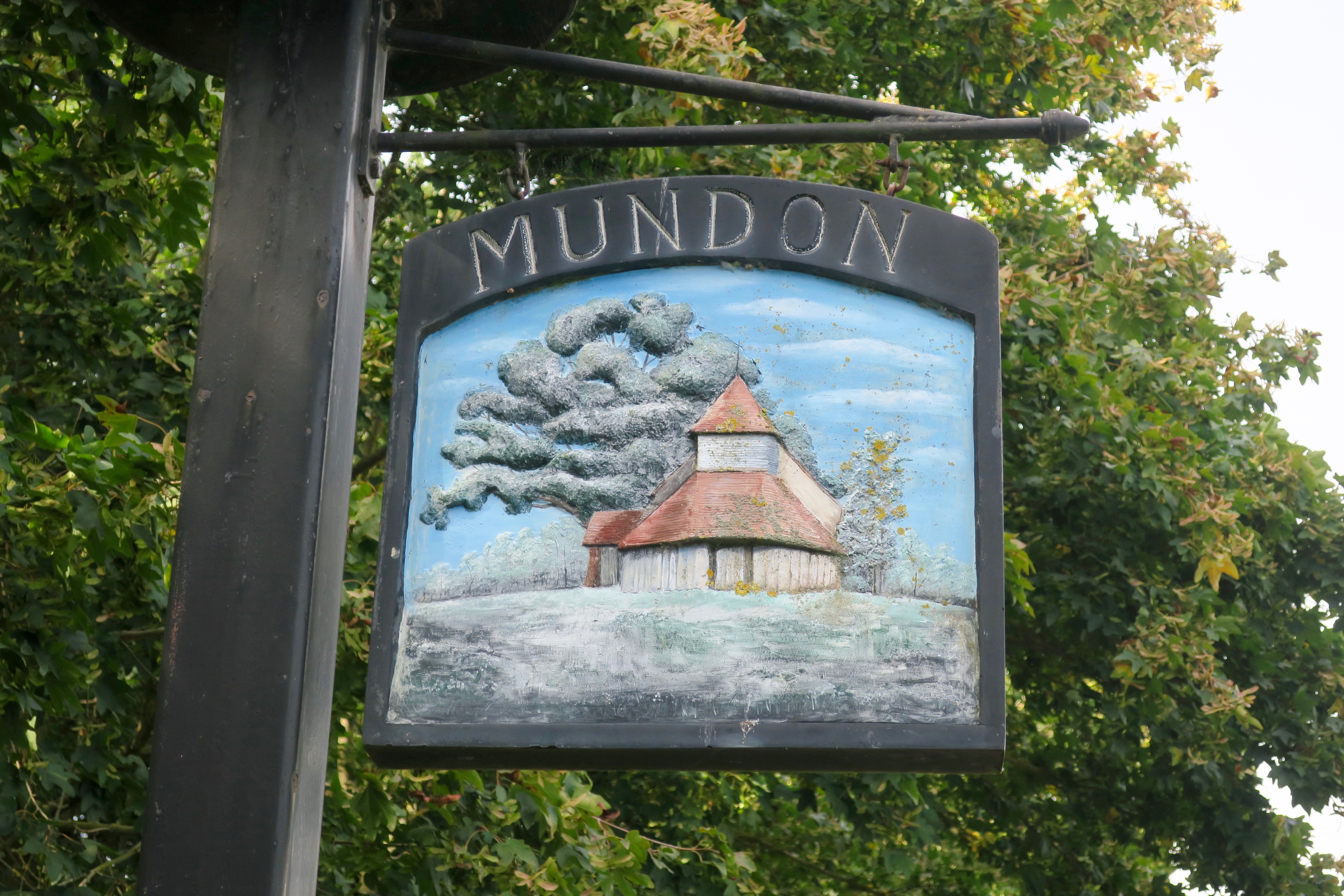A friend kept phoning us in the mornings of late April and early May. She was, rather against her will, still gallantly fulfilling her duties at an office in Oxford Street. She disliked being there and feared the possible consequences in mid-pandemic. But the reason she kept phoning was to tell of her exuberance in the early mornings at being able to walk the length of Regent Street alone and in the middle of the street. She described the complete peace and quiet in the utterly empty street free of people, free of traffic. Continue reading “The Empty Streets”



